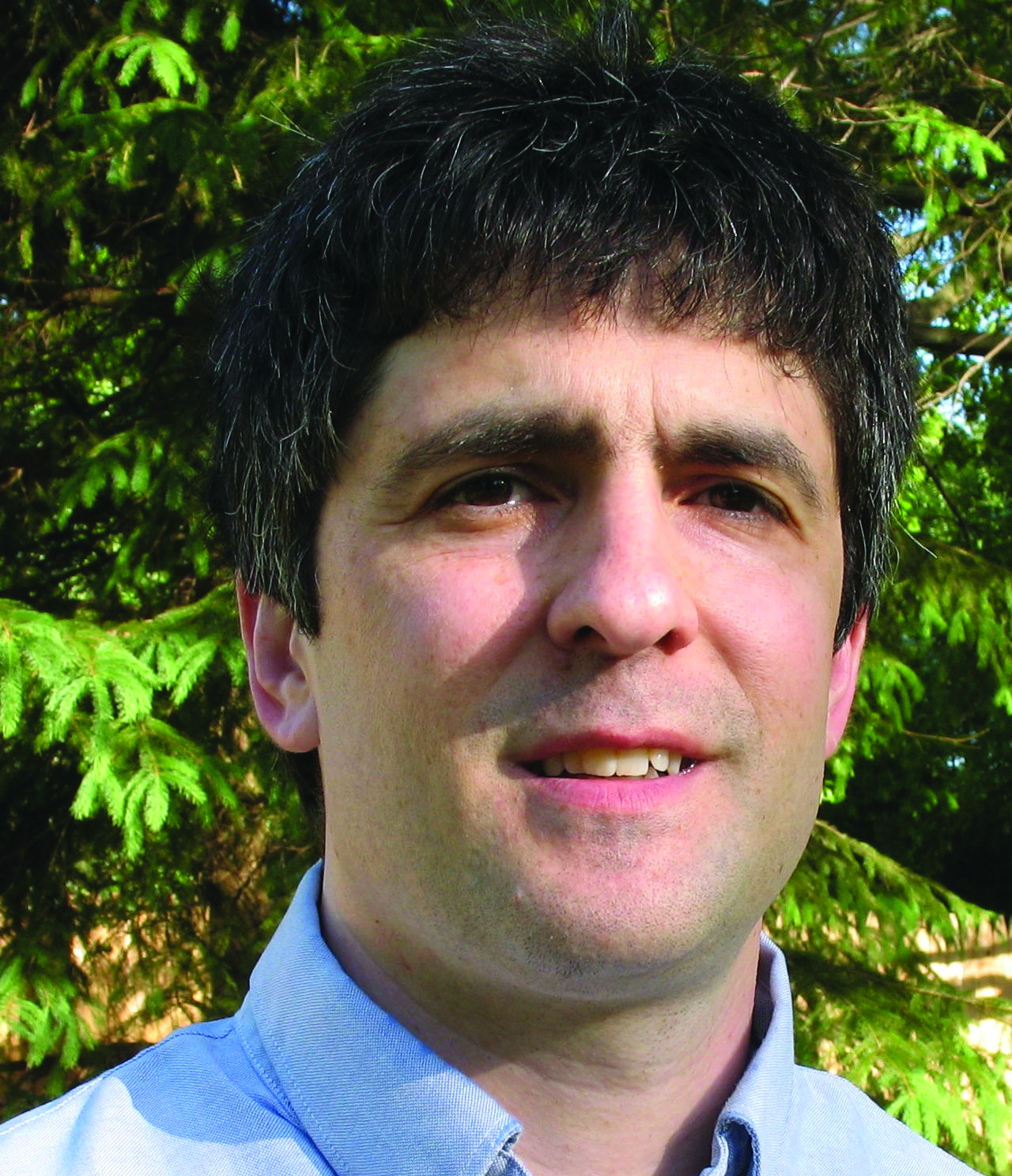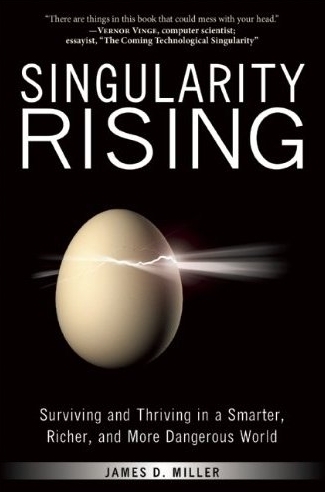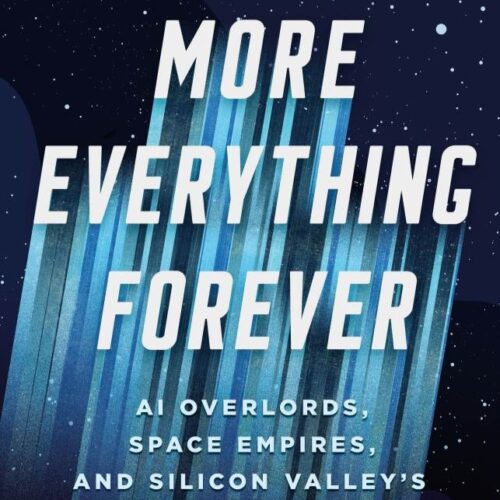James D. Miller on Singularity Rising: Prepare for a Smarter World
Socrates / Podcasts
Posted on: March 10, 2013 / Last Modified: October 7, 2021
Podcast: Play in new window | Download | Embed
Subscribe: RSS
 James D. Miller is a professor of economics and, most recently, the author of Singularity Rising: Surviving and Thriving in a Smarter, Richer, and More Dangerous World
James D. Miller is a professor of economics and, most recently, the author of Singularity Rising: Surviving and Thriving in a Smarter, Richer, and More Dangerous World. James is the second economist on Singularity 1 on 1 and he respects and agrees with much of Robin Hanson‘s conclusions. In my view, however, Miller’s book Singularity Rising ends up presenting a much richer, more diverse, more balanced, more interesting, and, in some ways, more utopian future. [e.g. see his ideas about “honorable unemployment”]
During our conversation with James D. Miller we cover a variety of topics such as: how he started studying theoretical physics but ended up in economics; academia, the technological singularity and Miller’s definition thereof; his recent book Singularity Rising; “honorable unemployment”; the Fermi paradox and our civilization’s chance of surviving; neurofeedback and other cognitive enhancements used by James; capitalism, freedom and radical changes in the economic system.
As always you can listen to or download the audio file above or scroll down and watch the video interview in full. To show your support you can write a review on iTunes, make a direct donation, or become a patron on Patreon.
Who is James D. Miller?
James D. Miller is an associate professor of economics at Smith College and was a speaker at the 2008 Singularity Summit. He has a JD from Stanford where he was on Law Review and a PhD from the University of Chicago where his dissertation advisor was a Nobel Prize winner. He is a columnist for BetterInvesting Magazine and regularly wrote for CNBC.com during the tech bubble. The Singularity Institute called Miller’s work “important” and relevant to its core mission.
Singularity Rising
 In Ray Kurzweil’s New York Times bestseller The Singularity is Near, the futurist and entrepreneur describes the singularity, a likely future utterly different than anything we can imagine. The singularity is triggered by the tremendous growth of human and computing intelligence that is an almost inevitable outcome of Moore’s Law. Since the book’s publication, the coming of singularity is now eagerly anticipated by many of the leading thinkers in Silicon Valley, from PayPal mastermind Peter Thiel to Google co-founder Larry Page. The formation of the Singularity University, and the huge popularity of the singularity website kurzweilai.com, speak to the importance of this intellectual movement.
In Ray Kurzweil’s New York Times bestseller The Singularity is Near, the futurist and entrepreneur describes the singularity, a likely future utterly different than anything we can imagine. The singularity is triggered by the tremendous growth of human and computing intelligence that is an almost inevitable outcome of Moore’s Law. Since the book’s publication, the coming of singularity is now eagerly anticipated by many of the leading thinkers in Silicon Valley, from PayPal mastermind Peter Thiel to Google co-founder Larry Page. The formation of the Singularity University, and the huge popularity of the singularity website kurzweilai.com, speak to the importance of this intellectual movement.
But what about the average person? How will the singularity affect our daily lives—our jobs, our families, and our wealth?
Singularity Rising: Surviving and Thriving in a Smarter, Richer, and More Dangerous World focuses on the implications of a future society faced with an abundance of human and artificial intelligence. James D. Miller, an economics professor and popular speaker on the singularity, reveals how natural selection has been increasing human intelligence over the past few thousand years and speculates on how intelligence enhancements will shape civilization over the next forty years.
Miller considers several possible scenarios in this coming singularity:
A merger of man and machine making society fantastically wealthy and nearly immortal.
Competition with billions of cheap AIs drive human wages to almost nothing while making investors rich.
Businesses rethink investment decisions to take into account an expected future period of intense creative destruction.
Inequality drops worldwide as technologies mitigate the cognitive cost of living in impoverished environments.
Drugs designed to fight Alzheimer’s disease and keep soldiers alert on battlefields have the fortunate side effect of increasing all of their users’ IQs, which, in turn, adds a percentage point to worldwide economic growth…








